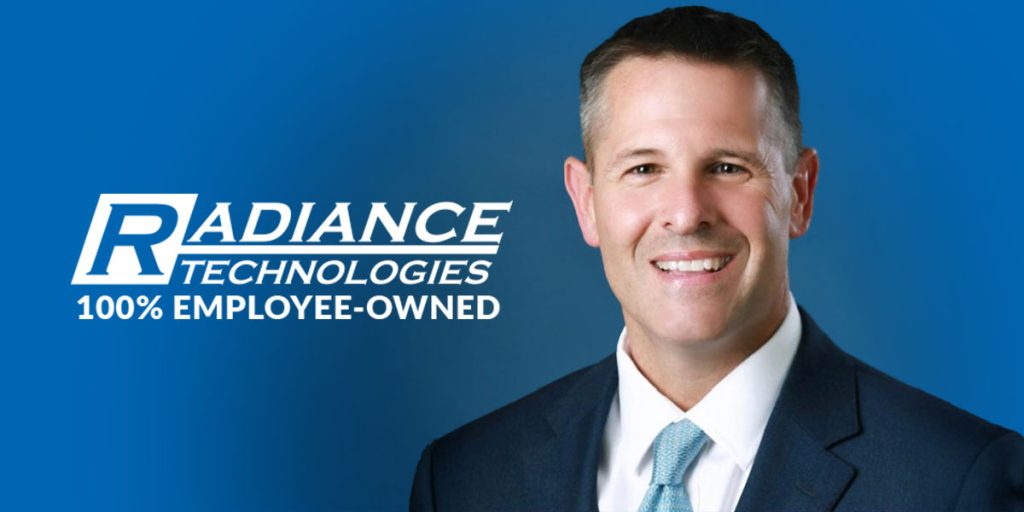There are 276 million vehicles in the United States, and five times that worldwide
Bloomberg reports that American electric vehicle (EV) market sales hit 5.6% of our automobile market this year. Those numbers are expected to double by the end of 2022.

If you believe climate change threatens human existence, this gives you much added comfort. If you’re always a little chilly anyway, you don’t much care.
The passage of the Inflation Reduction Act, and the alternative energy incentives toward electric vehicles, solar panels, and wind turbines carried within it, is now a centerpiece of the Biden administration’s legislative accomplishments.
Never to be outdone, California regulators have decided to ban the sale of cars with combustible engines by 2035.
Both regulatory actions reminded me of a Forbes magazine article this year which detailed the concerning expansion of energy grabs by China (and Russia) across the globe. The article even proffered the “solution” of mining asteroids in outer space as an alternative energy sourcing strategy, which seems more like a Bruce Willis movie than a genuine strategy to increase the world’s clean energy capabilities.
But the new legislation, along with the constant barrage of supply chain issues that permeate American life every day, produces perilous unintended consequences that, if left unfettered, will threaten our national and economic security. It does not matter how many Teslas you buy or solar panels you install.
These consequences go far beyond the intentions of resolving climate change.
The debate over climate change is complex, but what is increasingly clear is that any dependence on foreign raw materials directly threatens our national and economic security. The influx of EV, solar power, and wind turbines, and our eventual dependence on them, poses greater dangers than imagined. The production of EVs in the next three decades will increase exponentially.
The International Energy Agency, which is the premier global energy watchdog, recently released a detailed report entitled “The Role of Critical Minerals in Clean Energy Transitions.”
As sure as I am that you have not yet read it, I am equally certain that the IEA is warning the world NOT to convert to clean energy at the moment. The IEA cautions that “today’s supply and investment plans for many critical minerals fall well short of what is needed to support an accelerated deployment of solar panels, wind turbines and electric vehicles.”
Seems as stark as it gets for a group rooting for all of those things.
In large part, the report warns of the severely concentrated supply chains involving rare earth elements and materials necessary for the production of EVs, solar panels, and wind turbines … and the electric grids that power them. The IEA notes that copper, manganese, lithium, graphite, cobalt, nickel, zinc, and aluminum are all required to produce an EV, which requires six times those used to produce conventional vehicles.
All of these rare earth elements are deemed part of 35 “strategic materials” by the Departments of Defense and Interior, and the demand for them will more than double in the next 20 years worldwide due to clean energy initiatives and mandates. Additionally, the demand for electricity in 2050 will be six times what it was in 2010, mainly due to alternative energy solutions such as EVs.
The United States has virtually no primary production of 22 of these 35 strategic minerals and is 75% import reliant on an additional 10 critical materials. Conversely, China ranks as the lead global producer of 16 of those 35 strategic materials.
More than 50% of the barite, used in fracking and other energy independence processes, comes from China.
Gallium, critical to the production of superconductors for EVs, is 100% sourced from overseas, 95% of which comes from China.
Sixty-five percent of the graphite, cobalt, and lithium used in batteries for EVs comes from – or is refined in – China.
More than half of the aluminum or ferroalloys used in all automobile production comes from, or is shipped, through China.
Additionally, the strategic material mines in other countries (such as Australia, Chile, or the Congo) are too often owned by China or their banks through China’s “Belt and Road” financing. They buy mines and ports where labor is cheap, and regulations are lax. Thus, China controls not only the bulk of the world’s strategic materials, but access to their supply chains as well.
The threats permeate beyond supply chain issues.
The electric grids in the United States are already nearing capacity. Over-reliance on electricity, with alternatives being snuffed out by policy, will stress our critical infrastructure beyond function. Moreover, the grid itself is already a target for cyber attacks.
The U.S. is aware of this threat, but the enlargement of the grid as a target is exponential to the projected demand for electricity. Moreover, all 35 strategic materials are critical in the production of defense industrial base munitions. Stressing those supply chains only further weakens our military global posture and production capabilities.
If clean energy is a solution, then it cannot create a dystopian problem greater than the current climate change debate itself. Unlike oil, we have no national strategic reserve of any of these strategic materials.
Our dependence on foreign nation states for these strategic materials is a discernible and preventable weakness. Both are put in jeopardy by the unintended consequences of clean energy solutions. We must harden our critical electric infrastructure before it is stressed or attacked.
The fact is the world is unprepared for these seismic shifts in energy … and may never be. Our policies must always consider threats to our national and economic security, and the IEA is sounding the alarm. China is our enemy and everything they do is as our enemy. Only heedless imprudence would seek to create a greater dependence on our enemy.
If our “legislative centerpieces” do not forecast these clear and present dangers, then we may have to give Bruce a call after all.
Jay Town, a former U.S. Attorney for the Northern District of Alabama, is the vice president and general counsel at Gray Analytics, a defense cybersecurity contractor in Huntsville. He is a career prosecutor and a former Marine.











